Rafael Frumkin
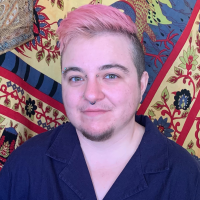
Too often, I am losing myself in my work. Sometimes that feels like all I am: someone who wakes up and writes and pushes himself to read difficult books, then goes to sleep and does it all over again the next day.
Jump to navigation Skip to content
In this online exclusive we ask authors to share books, art, music, writing prompts, films—anything and everything—that has inspired them in their writing. We see this as a place for writers to turn to for ideas that will help feed their creative process.

Too often, I am losing myself in my work. Sometimes that feels like all I am: someone who wakes up and writes and pushes himself to read difficult books, then goes to sleep and does it all over again the next day.

My debut memoir, Meet Me Tonight in Atlantic City, begins and ends with fruit. A line from the opening reads: “In the murky broth of yet another heartache, my mother cuts me slices of dragon fruit.” So much of my writing process is about nourishment—literally and metaphorically.
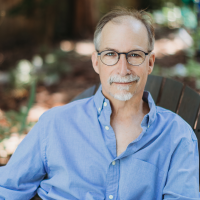
Maybe we write too much. Maybe that’s what these physical, emotional, and psychological roadblocks to story making are trying to tell us. Must we always be writing (especially those of us who love it and need it the most)?
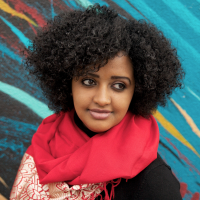
Writing poetry for me is an act of collecting. It requires me to be in a state of total surrender, to be able to listen where I haven’t before, to take notice of the silences around me.

Poetry can be serious work. When writing my debut collection, I’m Always So Serious, soul and blues music became their own characters in the collection
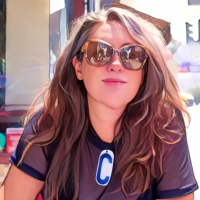
Writing Everything I Never Wanted to Know almost entirely in the hellish eternity of the T%&*! Years—where the daily feed of sexual violence, finally widely recognized, became layered eventually into other (medical and social) epidemics—sometimes seized me with an untouchable despair
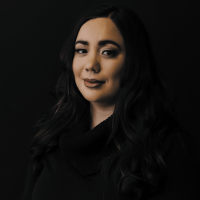
For me, writing often doesn’t feel that great; in the space between flashes of inspiration is me swearing at my manuscript and regretting my life choices. Struggle is normal, but when I have several difficult drafting days in a row, it means it’s time to step back and reassess.
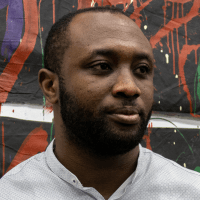
I keep a Leica V-LUX 5 and an Olympus OM20 on my desk, and I use either camera depending on the extent to which I am in stasis with my writing.
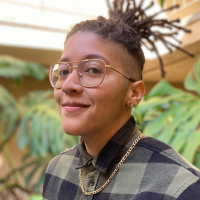
It’s not clear in my memory which love came first—writing or music—but the pair are inextricably linked in a creative process which layers like melody and harmony.

Reading novels by the bucketload is why I became a writer, but it can be limiting when I’m trying to write. I live in danger of overanalyzing instead of feeling my way through the act of writing, down blind corridors that might lead to an undiscovered tomb or a passageway to the sea.